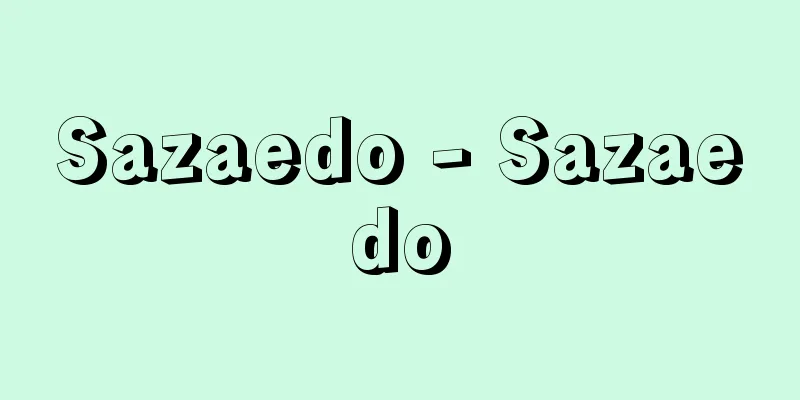Detention/Incarceration

|
Both terms refer to the restriction of bodily freedom, but the Japanese Constitution distinguishes between the two. It is understood that "arrest" refers to a temporary restriction of bodily freedom, while "confinement" refers to a continuous restriction of freedom. According to Article 34 of the Constitution, "No person shall be arrested or detained without being at once informed of the reasons for his arrest and without the immediate right to counsel. Nor shall anyone be detained without sufficient cause, and upon request such reasons shall be immediately shown in an open court in the presence of the person and his counsel" (see Article 9 of the International Covenant on Civil and Political Rights). Source: Heibonsha World Encyclopedia, 2nd Edition Information |
|
いずれも身体の自由を拘束することをいうが,日本国憲法は両者を区別している。〈抑留〉は一時的な身体の自由の拘束をさし,〈拘禁〉は継続的な自由の拘束をさすと解されている。憲法第34条によれば,〈何人も,理由を直ちに告げられ,且つ,直ちに弁護人に依頼する権利を与へられなければ,抑留又は拘禁されない。又,何人も,正当な理由がなければ,拘束されず,要求があれば,その理由は,直ちに本人及びその弁護人の出席する公開の法廷で示されなければならない〉(なお,国際人権規約B規約9条参照)。
出典 株式会社平凡社世界大百科事典 第2版について 情報 |
Recommend
HD Star Catalog - HD Star Catalog
…Also known as the HD Catalog. This catalog conta...
Eutychēs (English spelling)
378 koro-454 A Christian thinker who represents ea...
The Story of Geser Han - The Story of Geser Han
A heroic epic poem thought to have been written am...
Miscanthus sacchariflorus
A perennial grass of the grass family. It is found...
Dictyopharidae
…A general term for insects belonging to the orde...
Embroidery foil - Nuihaku
It is also written as nuihaku, but in Noh costumes...
Aruba - Aruba
…It consists of two groups of six islands: the A,...
Fire-grilled Inari - Inari ohitaki
...Current fire-burning rituals are held at Yasak...
North Pacific Central Water
…Upper waters are further divided on the T - S di...
Sorai Studies
Confucianism advocated by the Confucian scholar Og...
Sorkočeviĉ, L. (English spelling) SorkocevicL
...A country that existed in the western Balkan P...
Yuan Chungcheol
… In China, Shufu founded palmistry during the Sp...
Epigraphy - epigraphy
In China, the study of inscriptions on bronze ves...
Marxian Economics and Modern Economic Theory
…After returning to Poland, he became a member of...
Margaritone d'Arezzo (English spelling) Margaritoned Arezzo
…All of these painters were based on the Byzantin...



![Kuki [city] - Kuki](/upload/images/67cb670010e69.webp)





